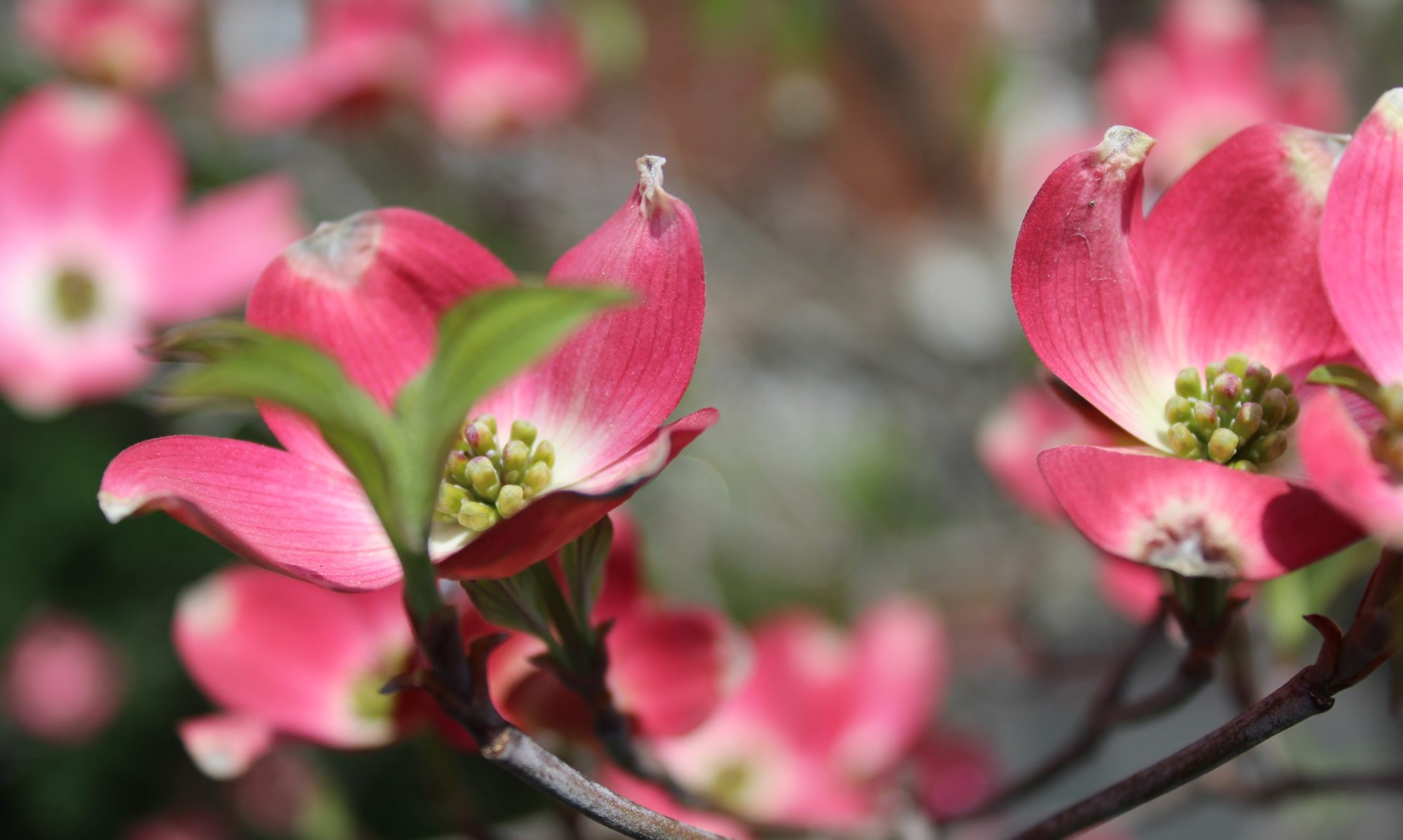The old saying immortalized by Robbie Burns (and then anglicized and bastardized by a host of others) is nowhere more apparent than when one travels. The best-laid plans often go awry whether mouse, man, or unsuspecting traveler. It is inevitable. It is also how good stories come into being. While it is not always possible to remember this in the moment, it is part of the richness of adventure.
Today was one of those days, for reasons large and small. I woke up at 3:00 am. I got up at 3:30 feeling a bit frantic. I unpacked and repacked my suitcase, consumed three cups of really strong tea, did the last of the laundry, sat down, and concentrated on breathing. I’m prone to panic in moments of transition, but usually a deep breath and a stern self-talk later, I’m all good. This morning I had to remind myself that with very few exceptions, everything was expendable. Aside from the inevitable paperwork that accompanies travel, my phone, my camera, and my credit card, everything else was just stuff. While I’m not brave enough to undertake this particular journey with just a backpack, I’ve done plenty of trips with a camera bag containing the obvious and a change of clothes. The trip isn’t about the stuff.
It’s about the guy at the terminal who shared an eye roll and a grin with me over a fellow traveler who clearly had the world’s worst sinus infection and a comparable attitude. It was about the elderly mother seeing her middle-aged son off. It was about the profusely apologetic taxi driver who seemed to believe he was single-handedly accountable for rush hour traffic. It was about the bus driver who patiently repeated instructions at every stop. It was about my lovely friend who drove me to the Dartmouth Coach. It was about arriving at the hotel intact and being greeted by a woman with a gorgeous smile. It was about drinking another cup of tea – kind of like parentheses around the day – that tasted more like stale coffee and was still almost satisfactory. And it’s about a clean bed in an air conditioned room.
Stuff can be helpful, but as often as not it’s a hindrance. Stuff has a way of controlling us. It demands upkeep, cleaning, repairing, organizing, and – perish the thought – dusting. Am I taking too much stuff? Probably. But it’s a lot less than my panicked self wanted to bring.
So plans went awry. And then they all came together. What will stick with me is the people, the feeling, and – if I’m lucky – not much stuff.

